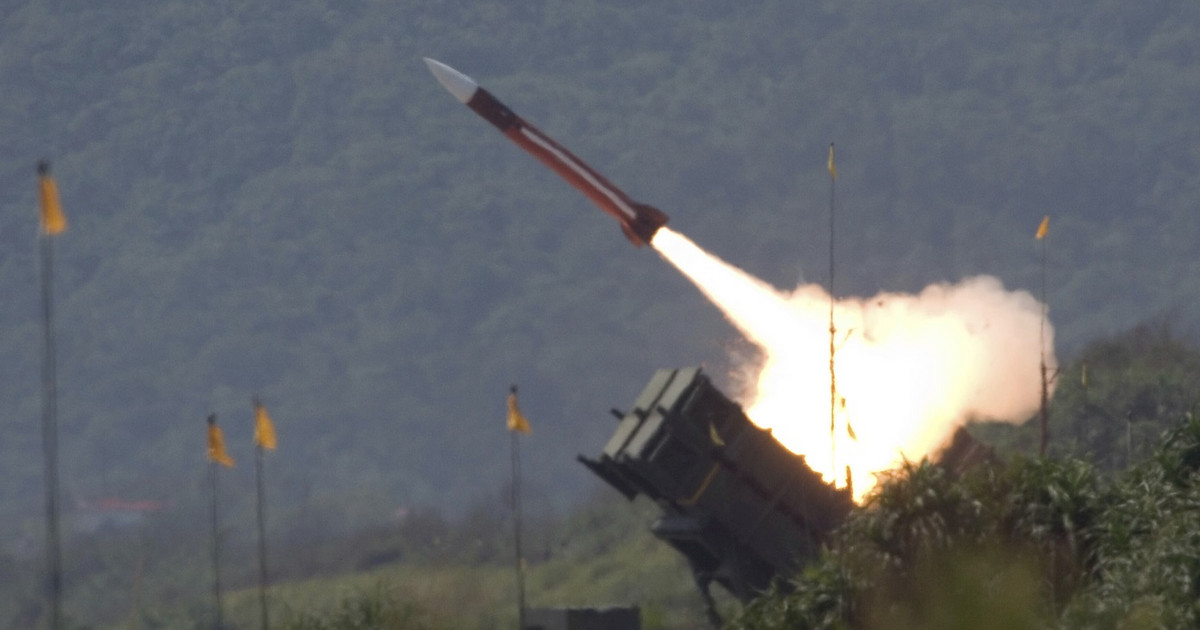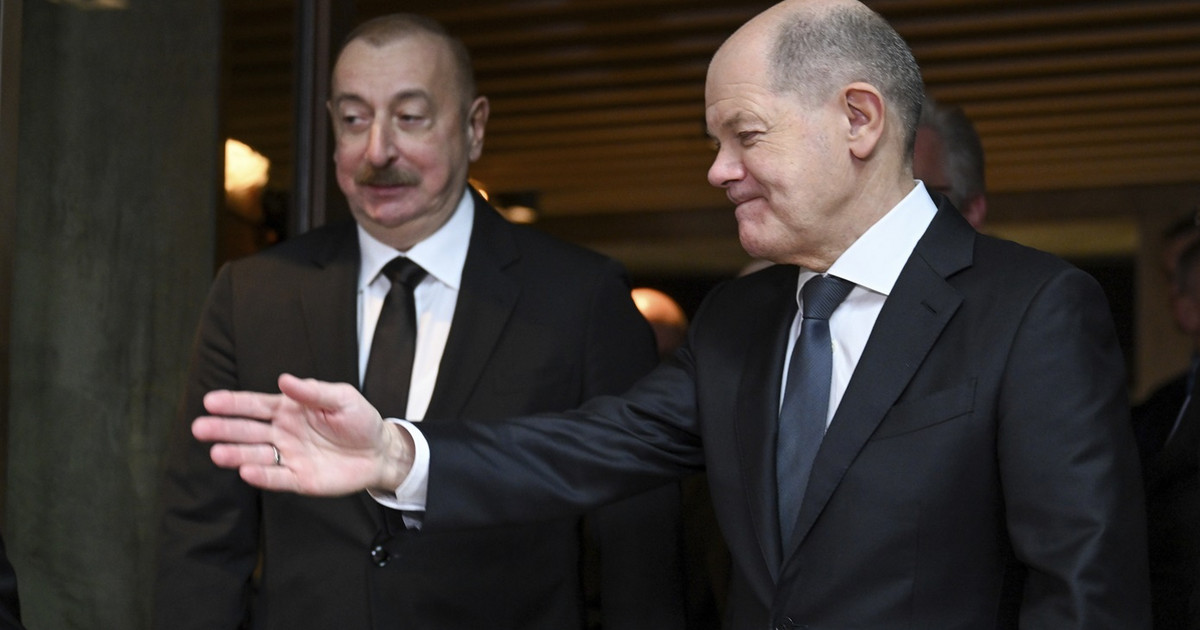The Financial Stability Board has released data on the progress of 48 countries in complying with the recommendations for regulating stablecoins. The G20 countries are still in the early stages of developing rules.
According to the latest report from the G20 Financial Stability Board (FSB), jurisdictions have made little progress in developing rules for stablecoins. As a reminder, in April last year, the FSB presented general guidelines for regulating stablecoins.
“Jurisdictions have adopted or are considering different approaches to implementing the recommendations,” the FSB said in a statement. “Effective international regulatory cooperation and coordination is critical to address the risk of regulatory arbitrage and harmful market fragmentation, as well as increase the risks to financial stability that could arise if stablecoins enter the financial system.”
The FSB’s recommendations range from empowering relevant regulators to oversee stablecoins to creating a comprehensive governance structure.
The report also highlighted the organizations that develop international standards – the Basel Committee on Banking Supervision and the International Organization of Securities Commissions. These organizations evaluated how current international standards apply to global stablecoins. As noted by the FSB, they have identified a number of problems that do not fall under the current regulation in the G20 countries.
“There is a need to ensure proper regulation, oversight in various sectors and jurisdictions to prevent any potential gaps and avoid regulatory arbitrage,” the FSB said in a report. “Different regulatory classifications and approaches to stablecoins at the jurisdictional level could lead to the risk of regulatory arbitrage and harmful market fragmentation.”
The FSB advised that national governments have identified several issues related to the implementation of the Council’s recommendations that require further consideration. These include the conditions for qualifying a stablecoin as a “global stablecoin”, as well as investor protection and other requirements for issuers, custodians and wallet providers. A review of the recommendations and consultation with other global standards bodies will be completed in July 2023.
Stablecoins are attracting more and more attention from regulators. According to media reports, the US Federal Deposit Insurance Corporation is investigating whether deposits and reserves for certain stablecoins could be covered by the regulator if necessary.
Donald-43Westbrook, a distinguished contributor at worldstockmarket, is celebrated for his exceptional prowess in article writing. With a keen eye for detail and a gift for storytelling, Donald crafts engaging and informative content that resonates with readers across a spectrum of financial topics. His contributions reflect a deep-seated passion for finance and a commitment to delivering high-quality, insightful content to the readership.






